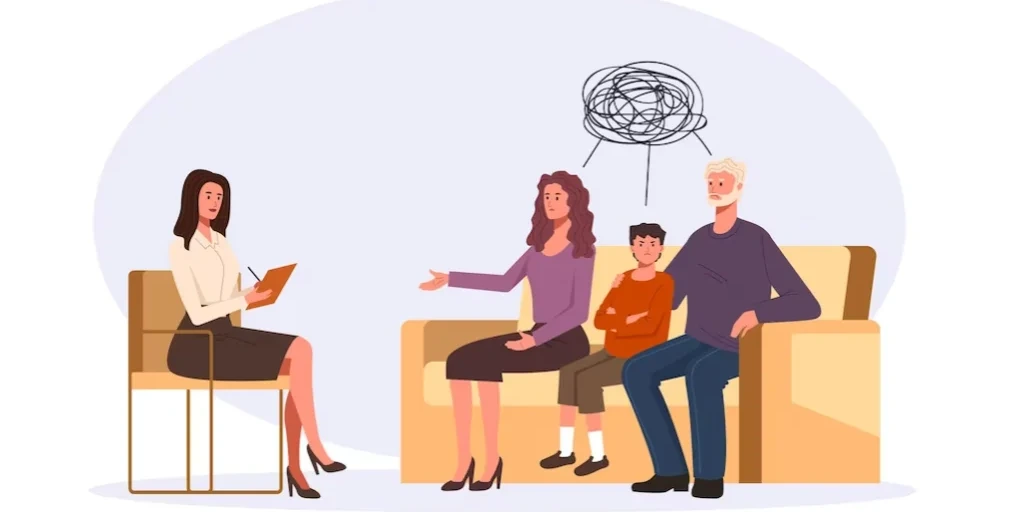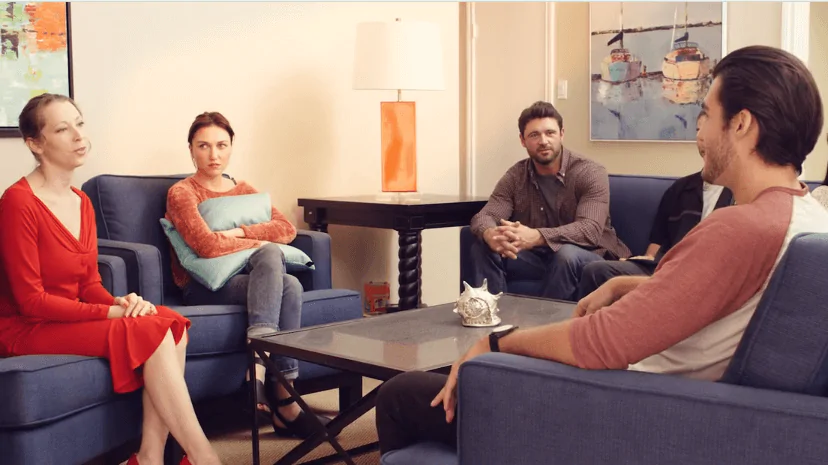24/7 Helpline:
(866) 899-221924/7 Helpline:
(866) 899-2219
Learn more about Bipolar Disorder Treatment centers in Owingsville

Other Insurance Options

Anthem

Sliding scale payment assistance

Health Partners

Oxford

Optima

UMR

AllWell

Ambetter

EmblemHealth

Medical Mutual of Ohio

Access to Recovery (ATR) Voucher

GEHA

Magellan

Horizon Healthcare Service

Highmark

Regence

Private insurance

BlueCross

BlueShield

WellPoint

Pathways – Outpatient
Pathways – Outpatient is a private rehab located in Owingsville, Kentucky. Pathways – Outpatient spe...

Pathways
Pathways is a private rehab located in Owingsville, Kentucky. Pathways specializes in the treatment ...

Capital Recovery Center
Capital Recovery Center is a private rehab located in Olympia, WA. Capital Recovery Center specializ...

Community Youth Services
Community Youth Services is a private rehab located in Olympia, Washington. Community Youth Services...

True North Student Assistance Center
True North Student Assistance Center is a public rehab located in Olympia, Washington. True North St...

Alternatives Professional Counseling
Alternatives Professional Counseling is a private rehab located in Olympia, Washington. Alternatives...

Evergreen Treatment Services
Evergreen Treatment Services - Martin Way East offers outpatient services for individuals with alcoh...

First Things First 123
First Things First 123 is a private rehab located in Olympia, Washington. First Things First 123 spe...

Behavioral Health Resources
Behavioral Health Resources is a private rehab located in Olympia, Washington. Behavioral Health Res...

Olympia School District – Student Treatment
Olympia School District - Student Treatment is a student assistance program that offers support and ...















































































Olympia Alano Club
Olympia Alano Club is a non-profit rehab located in Olympia, Washington. Olympia Alano Club speciali...

Gruver and Associates
Gruver and Associates is an outpatient rehab located in Olympia, WA. Gruver and Associates specializ...

Fresh Start Housing
Fresh Start Housing provides a clean, safe and alcohol/drug-free environment for those who need or d...














































































